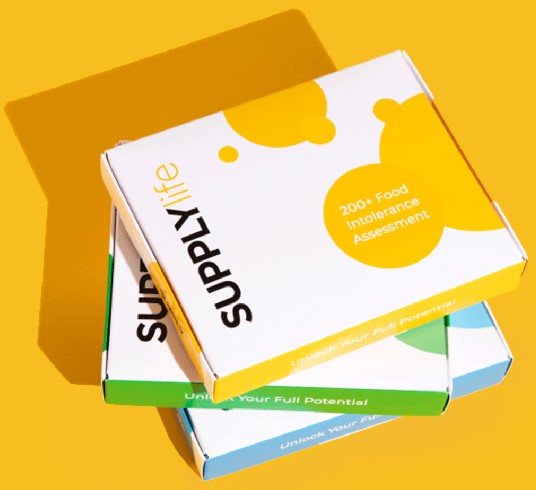With the burgeoning interest in personal health and well-being, the market for home food intolerance test kits has seen a significant rise. These kits offer a convenient way to identify potential food sensitivities from the comfort of your home. However, with so many options available, choosing the right test can feel like navigating a labyrinth. This guide aims to illuminate the path, highlighting key factors to consider when comparing home food intolerance test kits.
Understanding Home Food Intolerance Tests
Home food intolerance tests typically involve collecting a small sample, such as a blood spot, and sending it to a laboratory for analysis. The results aim to identify specific foods that might be causing symptoms like bloating, headaches, or fatigue, which could be indicative of food intolerance.
Key Factors to Consider
When comparing home food intolerance test kits, it's crucial to consider the following factors to ensure you choose the most suitable test for your needs:
1. Accuracy and Reliability: Look for tests that have a solid scientific foundation and are conducted by reputable labs. The accuracy of your results is paramount.
2. Accreditation of the Laboratory: Ensure the laboratory processing the tests is accredited. In the UK, look for accreditations such as ISO, which is a mark of quality and reliability.
3. Range of Foods Tested: Consider how many food groups the test covers. A more comprehensive test can provide a broader overview of potential intolerances.
4. Price: Prices can vary widely, so compare the value you're getting. However, the cheapest option may not always be the best in terms of accuracy and comprehensiveness.
5. Turnaround Time: Check how long it takes to receive your results. If you're looking for quick answers, some companies offer faster turnaround times than others.
6. Post-Test Support: Look for companies that offer advice and support after you receive your results. Understanding how to interpret the results and integrate them into your diet can be just as important as the test itself.
7. Test Methodology: Understand the type of testing method used. Common types include blood tests, which are often considered more reliable for detecting food-specific antibodies.
Why Choose Supply Life?
At Supply Life, we understand the complexities involved in selecting the right food intolerance test. We stand out in the market for several reasons:
- Competitively Priced Options: We offer high-quality tests at competitive prices, ensuring you get value for your money.
- Comprehensive Analysis: Our pin-prick testing option examines up to 200 food groups, providing you with an extensive overview of potential food intolerances.
- Accredited Laboratory: Our samples are analysed in a UK-accredited lab, ensuring that your test is processed under the highest standards.
- Expert Support: We don't just stop at providing you with your results. Supply Life offers guidance and support to help you understand and integrate your findings into your lifestyle.
Choosing the right food intolerance test can significantly impact your health journey. By considering the factors outlined above and opting for a trusted provider like Supply Life, you can take a significant step towards understanding your body better and improving your overall well-being.






